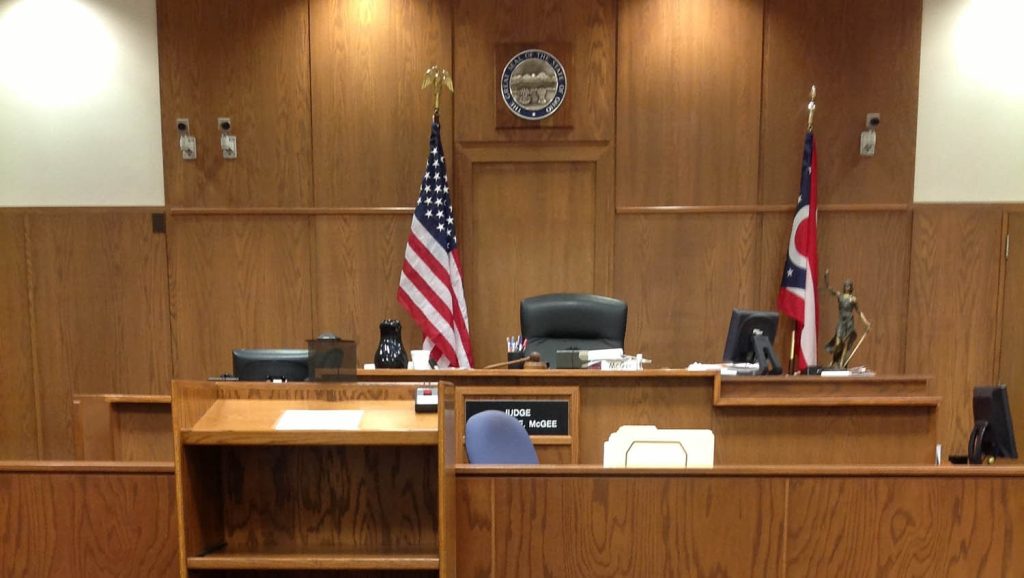Table of Contents
Learn what you can do to help your appeal while you wait.
How can I help my claim while I wait for a hearing date?
A Social Security hearing with an Administrative Law Judge is the second level of appeal. You can request a hearing if your reconsideration has been denied or only partially approved. Your request for hearing will be processed by the Office of Disability Adjudication and Review (ODAR), commonly called the hearing office.
Waiting for a Disability Hearing Date and Decision
A relatively small part of the wait time to get a hearing decision occurs after the hearing when the Administrative Law Judge writes up his decision. Most of the wait time occurs before the hearing date, which will usually be twelve to eighteen months after you filed your request for a hearing.
Support Your Disability Appeal While Waiting
While you are waiting for your hearing to be held, there are a few things you can do to help your claim: Be sure to follow your doctor’s advice including keeping requested appointments and filling your prescriptions on time. Advise your doctors that you have filed a hearing.
If you do not already have professional representation, consider hiring an experienced Social Security attorney to prepare an argument for approval of your claim and to present your case at the hearing. And don’t wait till the last minute to hire a lawyer. Your attorney can start work on gathering everything needed for your hearing as soon as the appeal is filed.
It’s important to keep the hearing office updated about your medical condition. Get a copy of your records every six months (every three as you get closer to the end of your average waiting period) and submit the records to your attorney for submission to the hearing officer or submit them to the hearing office directly if you do not have an attorney. Keep your attorney and the hearing office informed of any new diagnoses and of any significant worsening in your condition.
If you do any work, be sure your attorney has all the details of dates, hours, and pay. You can be considered disabled while working if you are medically unable to earn at the substantial gainful activity (SGA) level, which in 2020 for sighted individuals is $1,260 gross wages or net profit from self-employment and $2,110 for people who are blind or statutorily blind.
Other factors are considered in determining SGA when self-employment is involved and disability has lasted less than twenty-four months. Impairment-related work expenses can be used to reduce wages or profit to below SGA levels. If you have changes in your health, or you have a vocational assessment or new medical testing, tell your attorney or the hearing office right away. Also, report any changes in your work activity or address.
What happens if the Social Security Appeals Council orders a second disability hearing?
Learn why the Social Security Appeals Council may send your disability claim back to the law judge for more investigation and possibly a second hearing.
When Your Appeal Goes Back to the Hearings Level
Sometimes when the Social Security Appeals Council reviews your appeal of a hearing denial, they will decide that some aspect of your case was not fully investigated and will return your claim to the administrative law judge who handled it previously with instructions about what aspect of your claim needs additional investigation. This is called remanding your case. Remand often results in a second hearing.
Reasons Why the Appeals Council Might Return Your Claim to the Judge
The Social Security Appeals Council might notice that some vocational aspect of your claim was not addressed, so it might tell the judge to ask the vocational expert some additional questions or to call an expert witness if one did not testify previously. In another circumstance, the Appeals Council might point out that some questions about your medical condition and limitations were not answered by your medical records or the hearing testimony.
In this situation, the Council might request that the judge send your claim back to the Disability Determining Services to set up a consultative examination for you. Once the requested additional information is obtained and a second hearing is held, if needed, the administrative law judge will render a new decision, which will have its own appeal rights.
The Occasional Supplemental Hearing
Infrequently, a judge will ask for additional documentation to be submitted after the first hearing and the documentation received causes the judge to set up a supplemental second hearing to address the new documentation. In this situation, a decision would not be rendered until after the supplemental hearing.
Tips for Attending a Disability Hearing and for Presenting Your Case
For most of us, going into a hearing room is a new and somewhat overwhelming experience. Your comfort level and sense of confidence can be improved by knowing what to expect at the hearing. The exact flow of a hearing varies from judge to judge and to a degree from case to case, but a few things are the same in all hearings.
Getting an overview of the general hearing process and picking up some do’s and don’ts when answering questions can both help reduce stress and increase chances of a good outcome. Having a general idea of realistic time frames for scheduling hearings and for post-hearing processing can also be helpful.
How to Win a Disability Reconsideration
1: Gather New Evidence
Take the time to collect and submit additional evidence that supports your claim. This can include medical records, doctor’s notes, test results, and statements from healthcare providers. Make sure this evidence is recent and specifically addresses your condition’s impact on your ability to work and perform daily activities.
2: Review Your Initial Application
Carefully review your initial Social Security application and assess any weaknesses or gaps in the information provided. Try these steps to find gaps:
1. Review the application criteria
2. Assess medical documentation
3: Evaluate work history
4: Seek feedback from healthcare providers
5: You may also consider seeking professional advice.
Address these deficiencies in your request for reconsideration by providing additional details or clarifications. It’s important to present a clear and comprehensive picture of your medical condition and its impact on your ability to work.
3. Craft a Strong Reconsideration Letter
Write a compelling reconsideration letter that outlines your case clearly and concisely. Explain why you believe the initial decision was incorrect and provide a detailed account of how your condition meets the Social Security Administration’s criteria for disability. Be sure to include any new evidence to strengthen your argument.
4. Submit a Function Report
A function report allows you to provide firsthand information about your limitations and how they affect your daily life. Be honest and thorough when describing your abilities and limitations in various activities, such as standing, walking, lifting, and concentrating. The goal is to demonstrate how your condition prevents you from maintaining gainful employment.
5. Seek Professional Help
Consider seeking assistance from a disability attorney or advocate specializing in Social Security cases. They can guide you through the process, ensure you meet deadlines, and present your case in the strongest possible way. These professionals have experience navigating the Social Security system and can offer valuable insights and strategies.
Remember, winning a Social Security reconsideration can be challenging, and success is not guaranteed. However, following these steps can increase your chances of presenting a compelling case and receiving a favorable decision. Stay persistent, gather the necessary evidence, and consider seeking professional legal/medical assistance.
The Benefits of Attending Your Disability Hearing
Even though you have a lawyer who will present your case to the administrative law judge, it is very important that you attend your Social Security Disability hearing. The in-person hearing is your opportunity to state in your own words why you are disabled. Your presence at a hearing also gives the judge non-verbal information. If you are feeling especially bad on the day the hearing is scheduled, that is all the more reason to attend. If you have mobility problems, they will be apparent.
Hearings take a while and if your disability affects your stamina or your ability to sit or you are in pain or mentally fuzzy, these things will become apparent to the judge. Additionally, you can communicate with your attorney during the hearing if something comes up that only you know is significant. In summary, if you have an attorney, you are not required to attend the hearing; but it is truly to your advantage to do so.




